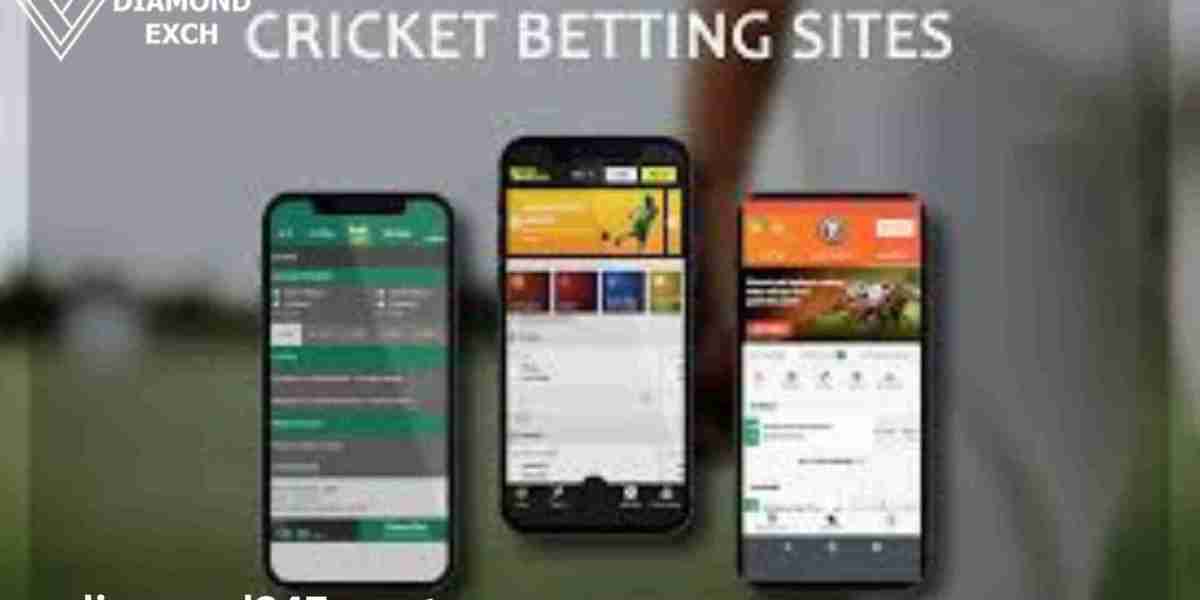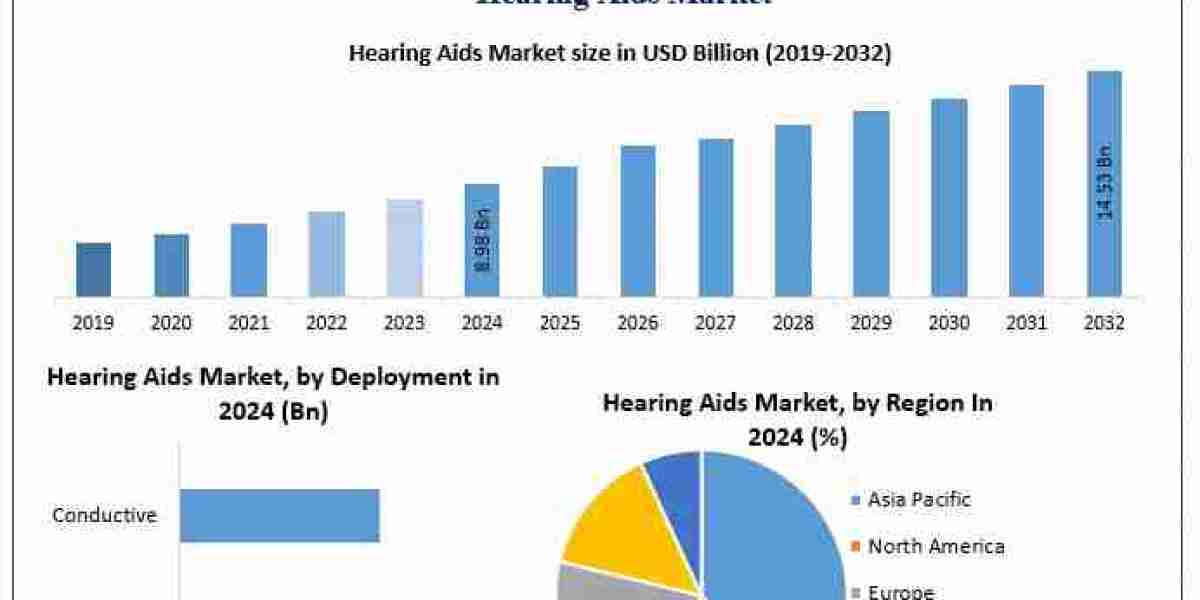B2B events, such as trade shows, conferences, and workshops, are powerful platforms for businesses to connect, network, and generate leads. However, successfully marketing a B2B event requires a focused approach to ensure you attract the right audience and deliver measurable outcomes. Here are five essential tips for B2B event marketing to help you plan and execute with impact:
1. Define Clear Goals and Metrics
Before launching your marketing campaign, establish specific objectives that align with your event’s purpose.
- Set SMART goals: Focus on Specific, Measurable, Achievable, Relevant, and Time-bound objectives. For instance, aim to generate 200 qualified leads or secure 50 sponsor sign-ups.
- Identify key metrics: Track metrics like registration numbers, social media engagement, website traffic, and lead conversions.
- Align with stakeholders: Ensure your marketing objectives resonate with sponsors, exhibitors, and partners to create a unified approach.
Pro Tip: Use data from previous events to benchmark and set realistic targets.
2. Tailor Messaging to Your Audience
B2B audiences are typically more focused on ROI, efficiency, and value. Your messaging should reflect this.
- Segment your audience: Create personalized messages for different audience groups, such as executives, decision-makers, and potential sponsors.
- Emphasize value: Highlight how attending the event will solve problems, enhance productivity, or offer networking opportunities.
- Use testimonials: Showcase success stories or quotes from past attendees to build trust and credibility.
Pro Tip: Incorporate industry-specific jargon and trends to resonate with your target audience.
3. Leverage LinkedIn and Other Professional Platforms
LinkedIn is a goldmine for B2B event promotion, offering direct access to professionals and decision-makers.
- Create an event page: Use LinkedIn Events to share details, updates, and announcements.
- Engage with content: Post relevant articles, speaker spotlights, and teaser videos to spark interest.
- Run targeted ads: Use LinkedIn’s targeting options to reach specific industries, job titles, or geographic regions.
Pro Tip: Encourage your team and event stakeholders to share and engage with your content to amplify reach.
4. Offer Exclusive Incentives for Early Registration
Incentives can create urgency and encourage early sign-ups, giving you a head start on building momentum.
- Early-bird discounts: Offer reduced ticket prices for those who register within a set timeframe.
- Bundle deals: Provide group discounts or packages that include additional perks like exclusive workshops or VIP access.
- Limited-time content: Share downloadable resources, such as whitepapers or industry reports, for early registrants.
Pro Tip: Highlight the scarcity of incentives by including countdowns or limited availability notices.
5. Build a Strong Content Marketing Strategy
Content marketing is an effective way to educate your audience and establish thought leadership.
- Pre-event blogs: Write articles about industry trends, event themes, or speaker expertise.
- Video marketing: Create engaging videos, such as event previews, behind-the-scenes footage, or testimonials.
- Webinars: Host pre-event webinars featuring panelists or speakers to give audiences a taste of what to expect.
Pro Tip: Optimize your content for SEO to attract organic traffic and boost visibility.
Final Thoughts
Marketing a B2B event requires a strategic approach that prioritizes audience needs and emphasizes measurable value. By defining clear goals, tailoring your messaging, leveraging professional platforms, incentivizing early registration, and building a robust content strategy, you can ensure your event stands out in a competitive marketplace.














